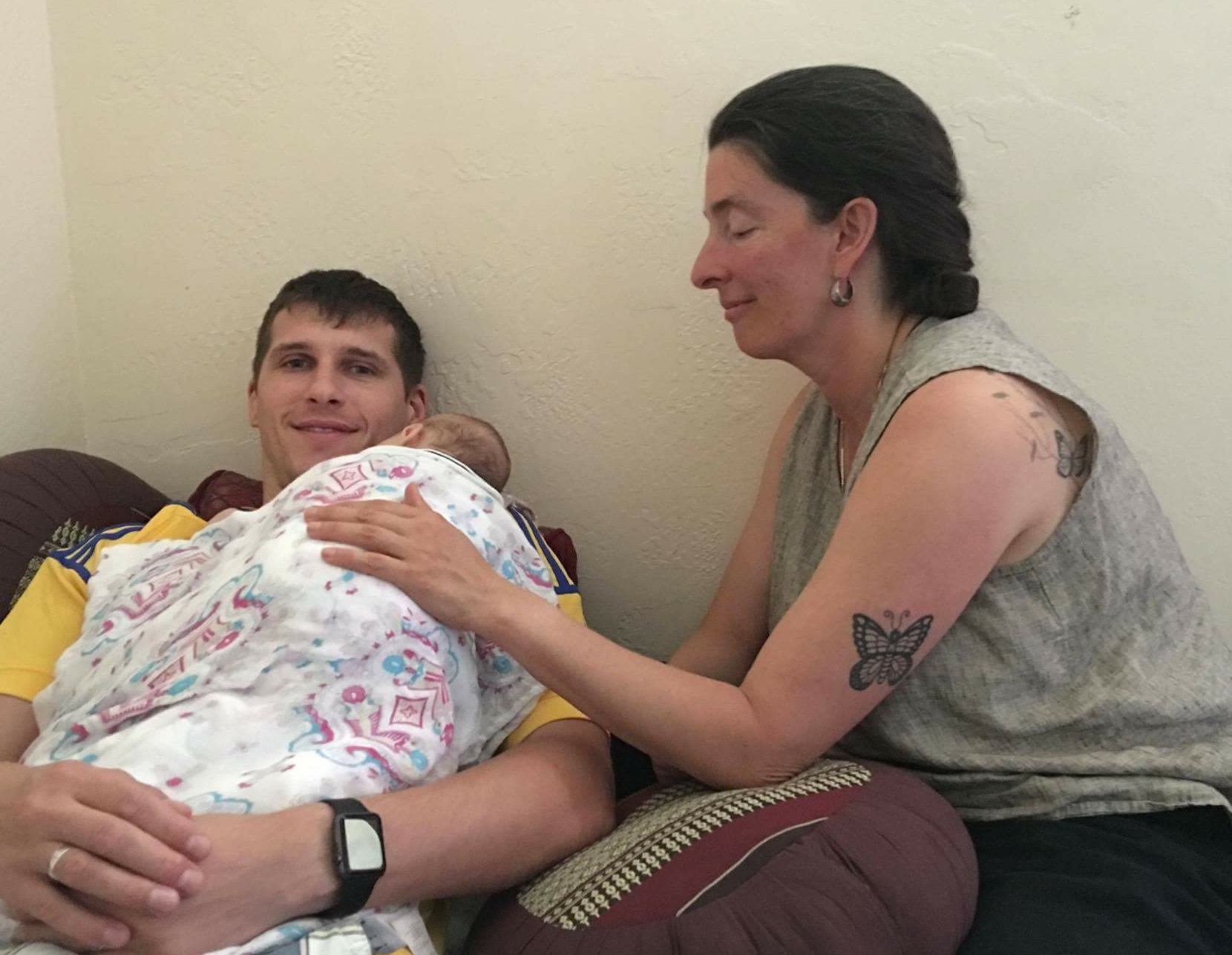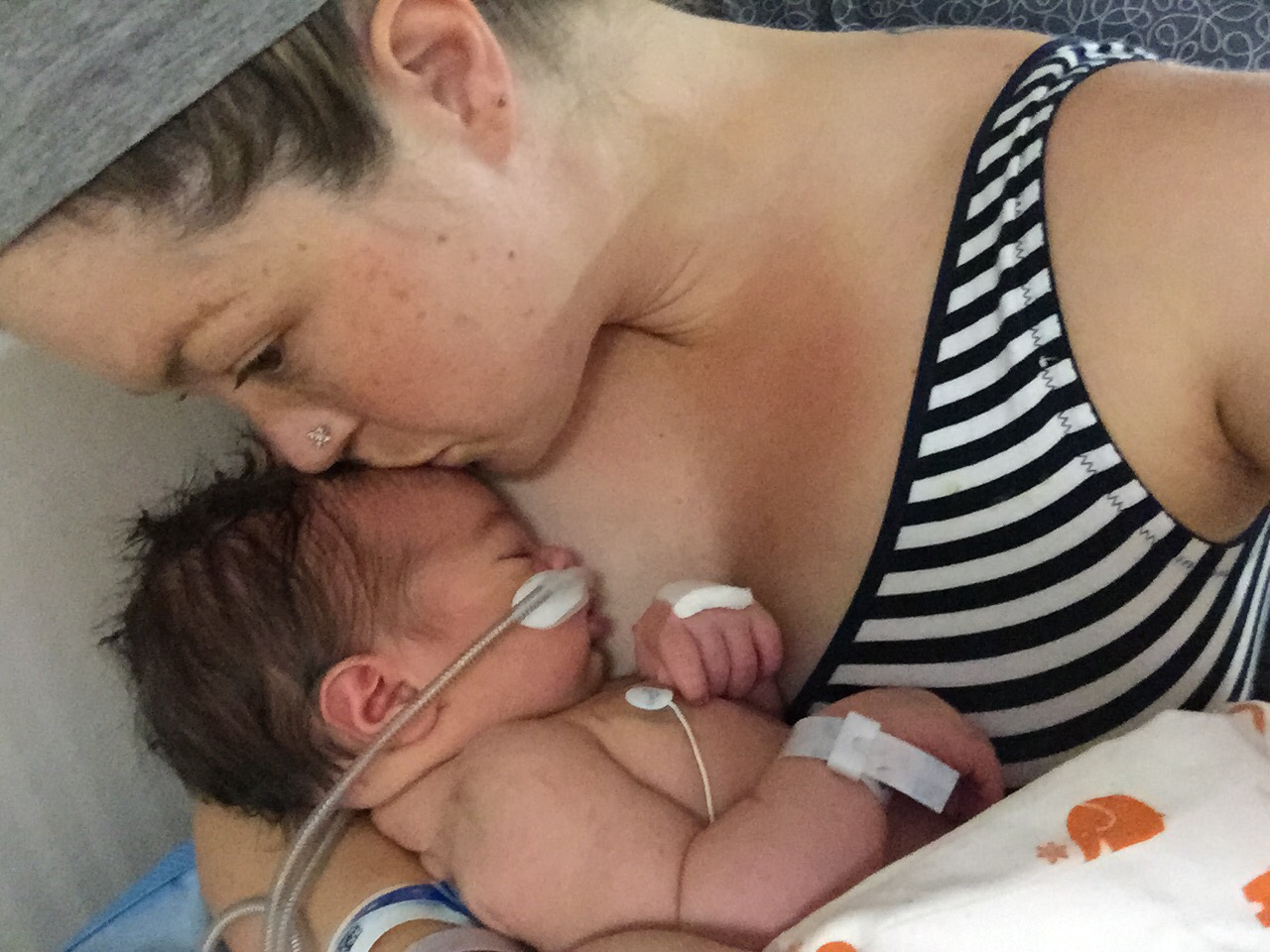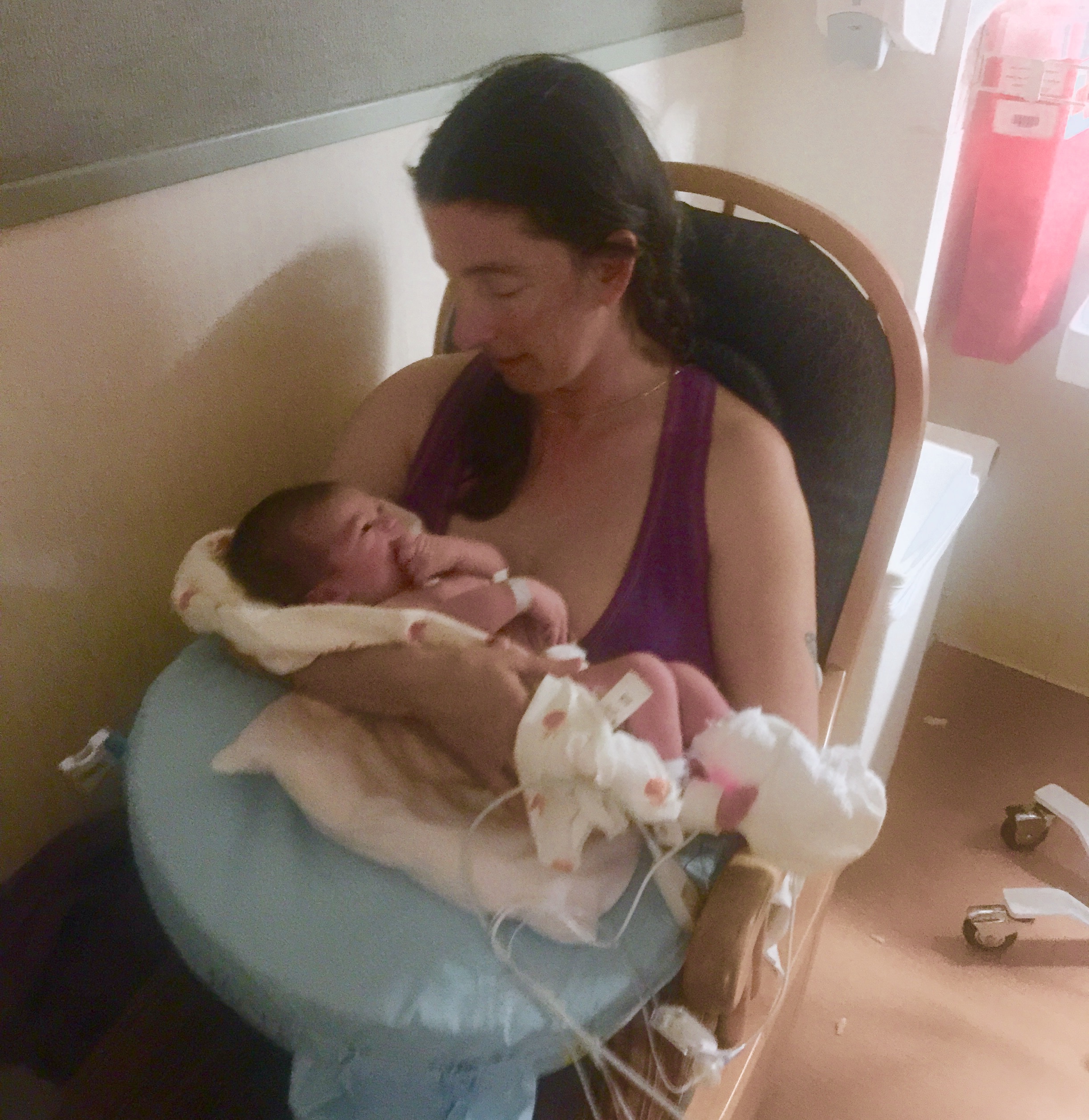Some reasons for scheduling a somatic therapy session with your child/children:
Learning how to more fully listen to, understand, respond to and reflect your infant/child.
Learning how to give space and support for your infant/child to experience and communicate their own wants, needs, feelings and intentions.
Understanding how early traumatic events have effected both your relationship with your infant/child as well as the development of their brain/ nervous system, physical and emotional health, and their feeling of safety and being loved.
Supporting your child to thrive as opposed to coping and surviving.
Helping heal effects of trauma which may have interrupted and impeded the process of attachment and bonding with your infant/child.
Helping to understand and heal any trauma that we adults experienced, when young, which may affect our ability to relate to our children in a mutually supportive, open and empathetic way.
At each age and developmental stage the particular form of the therapeutic work with the parents and child is varied, age appropriate and geared to each family's specific needs at the present time. All sessions with infants and children have the intention to support the family relationships with parents and children participating together.
As parents our aim is to fulfill the physical needs of our infants and children as well as providing comfort safety and love. Pregnancy and child rearing is a time when parents commonly reevaluate their lifestyles with the intention of giving their children more than they may have had themselves. What the latest studies in neurobiology and the growing field of Peri and Post Natal psychology are showing us is that many of our modern birthing and infant care practices are not baby-centered and actually are, in many cases, traumatizing. As we begin to understand more about the functioning of the brain and nervous system and how adverse childhood experiences affect our psychology and physiology in the short term and long term, there has been a corresponding developing field of psychology on how to heal this early developmental trauma.
We are beginning to understand that infants, even in the womb, are aware and communicating needs, preferences and feelings. There are many parents who have a sense that all is not right with their child but don't know how to interpret their cues or how to figure out what is wrong. Much of modern Pediatric Medicine is limited to symptom relief and doesn't have the means of addressing the root cause. In many cases healing early developmental trauma can support the thriving of a child -- physically, emotionally, improving immune function, learning, attention, motor skills and coordination as well as connection to the mother and other family members.
“We have been so lucky to learn from Eileen. When going though a challenging time with our 3-year-old, Eileen provided the context and safe space for us to truly hear our daughter. Working together and using play as the method of communication, we were able to understand what our daughter needed to feel secure and loved. From this session, my husband and I were able to implement some easy changes that helped our daughter feel heard and gave her more reassurance that was causing her acting out. This would not have been possible without Eileen’s guidance and support. ”
Some examples of common traumatic events experienced by prenates and infants:
Intention/attempt to abort the fetus
Overwhelming stress experienced by mother during pregnancy due to grief, anger, worry, anxiety depression, abuse, etc.
Drugs, alcohol or tobacco during pregnancy
Interventions during birth such as induction, cesarean section, anesthesia,
Physical injury or near death experience for mother or child during the birth process -- including forceps, vacuum suction, resuscitation, circumcision, blood draws, spinal taps, etc.
Separation of mother and baby, particularly immediately after birth, for minutes, hours or days.
A stay in the NICU with intubation, IV and repeated blood draws, examinations, etc.
Rough fast and invasive handling or examinations including nasal and throat suction
Mother's Post-partum depression
Post-partum neglect or abuse
Adoption
Some signs of trauma in infants:
Inconsolable crying -- anger fear or frustration not connected to obvious needs in the present moment
Quiet withdrawn infant -- not experiencing normal cycles of activity and rest.
Lack of eye contact and interaction, particularly with mother
Breastfeeding difficulties
Rubbing or showing some other signs of a painful area, particularly in the head and neck.
Jerky and stiff movements
Mother and/or father feeling disconnected from baby and/or each other or depressed.
Some signs of trauma in children:
Ongoing anger fear and frustration which seems out of proportion to what is happening in the moment.
Quiet, withdrawn, spaced on a consistent basis.
Difficulties with coordination and motor skills.
Lack of robustness, poor immune health, lethargy, hyperactivity.
Lack of eye contact and connection with other adults and children
Difficulty learning, paying attention or cooperating and interacting in a group.
Mother and/or father feeling disconnected from baby and/or each other or depressed.
“Eileen is truly committed to helping people! Her passion for her work is undeniable! She has helped us immensely! She has a gift of guiding us back to our essence in a playful, comfortable way. This kind of work can seem intimidating at first, but Eileen created safe, varied routes throughout the process. The reward for the work is priceless...a deeper understanding of our birth experience, how it effects us and our relationships, and what practical tools we can use to heal and improve on a daily basis.”
Intake Forms
Please fill out and email to eileensendrey@mac.com 24 hours before your first appointment.



